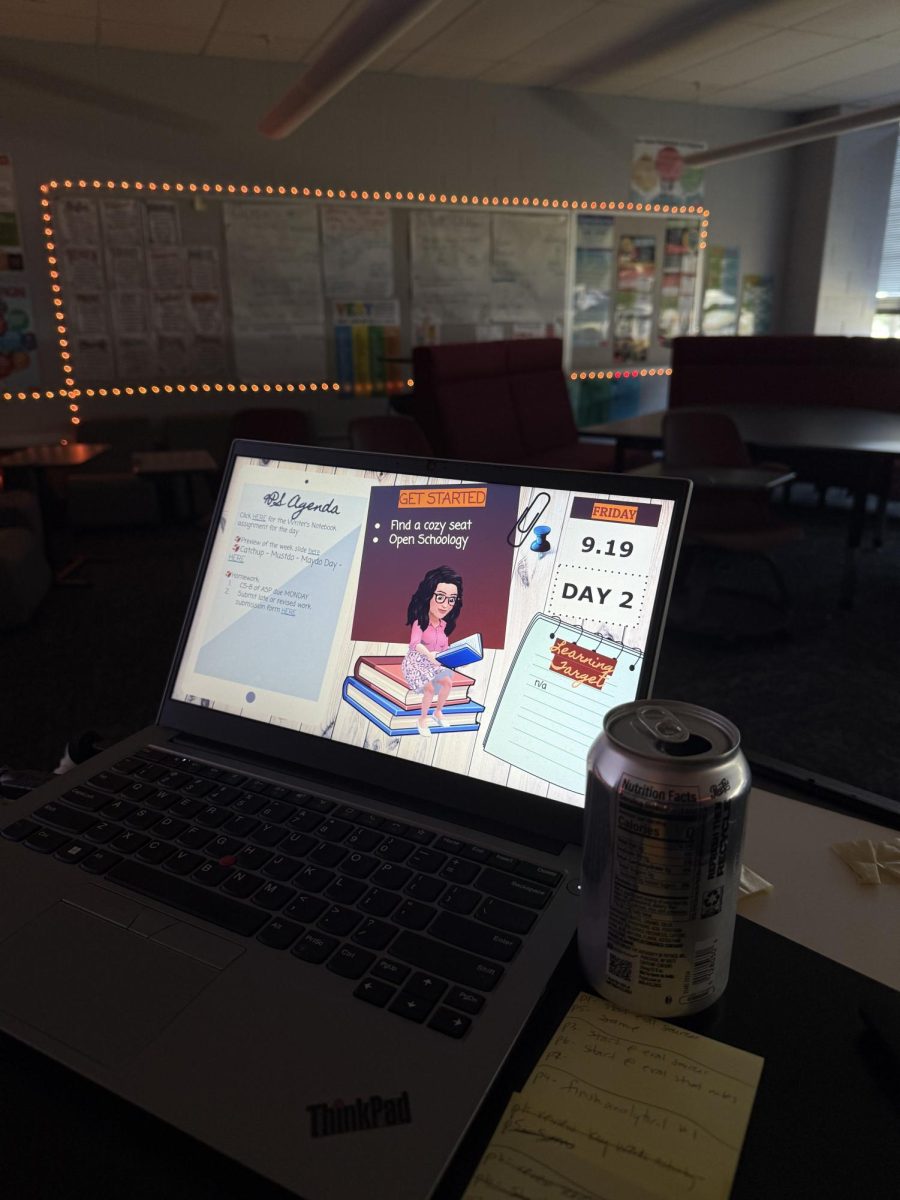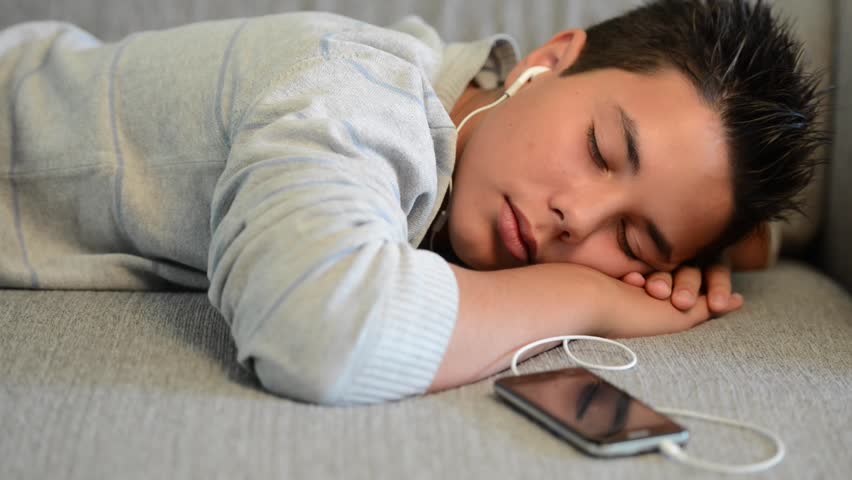Students combat sleep-deprivation
November 9, 2018
Irritability, lack of concentration, weight-gain, and stress are just a few of the numerous other consequences that affect students who fail to achieve eight to ten hours of sleep every night.
Of course, being a high school student who must manage school-work, sports, work, family, and other after-school activities, a sufficient amount of sleep can be difficult to acquire.
In fact, one study suggests that only 15% of teenagers obtain the recommended eight to ten hours of sleep. Most teens undergo a series of irregular sleep patterns, which includes staying up late on the weekdays and sleeping in on the weekends. As a result, it is not uncommon for teenagers to suffer from varying sleep disorders, such as insomnia, restless leg syndrome or sleep apnea; all of which affect an individual’s quality of sleep.
Not getting enough sleep can also affect academic performance, as sleep-deprivation contributes to anxiety, depression, hopelessness, as well as excessive worry.
One of the best solutions to combat drowsiness and prevent the effects of minimal rest is to maintain a consistent sleep pattern. While it may be difficult for a majority of high school students to do so, there are tips available that may help sleepy teenagers achieve a better sleep schedule.
Of course, a no-brainer at the least, make sleep a priority. If sleep is not prioritized, then late-nights and lousy mornings are often the product of ignoring the importance of sleep.
Naps are also key to refuel your energy-level. In order for a nap to be effective, it should be about 20-30 or 90 minutes long.
Caffeine that is consumed prior to bedtime can also affect an individual’s ability to sleep or have a better quality of sleep. With this in mind, coffee, tea, soda, and chocolate should be avoided to prevent conflict when going to bed.
Establishing a bedtime and sticking to it every night will assist in maintaining a consistent sleep schedule. Drinking, eating, exercising, or looking at a screen should also be avoided a few hours before an individual plans on going to sleep.
Lastly and most importantly, do not wait until the last minute to finish homework! While sleep is a major priority, completing homework the moment time is available must be prioritized if a sufficient amount of sleep is going to be attained.
Abigail Behm suggests that students who struggle to receive a proper amount of sleep should “set a limit” and that limit “can’t be three.” Behm also stresses to go to bed at latest 11:00 p.m., as it will guarantee at least six to seven hours of sleep.
For more information visit: https://www.sleepfoundation.org/sleep-topics/teens-and-sleep/page/0/1




























